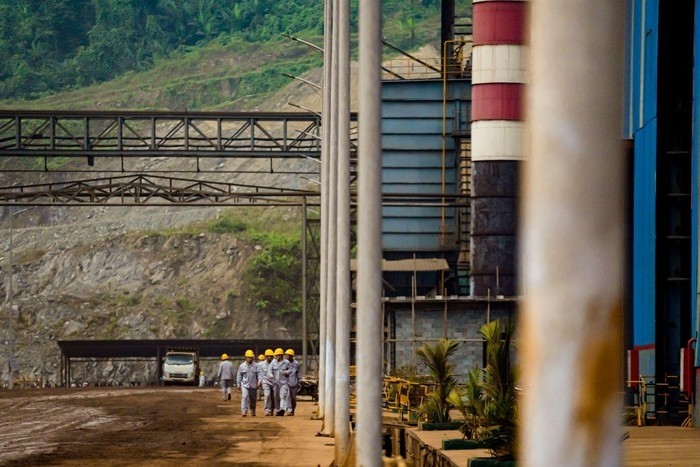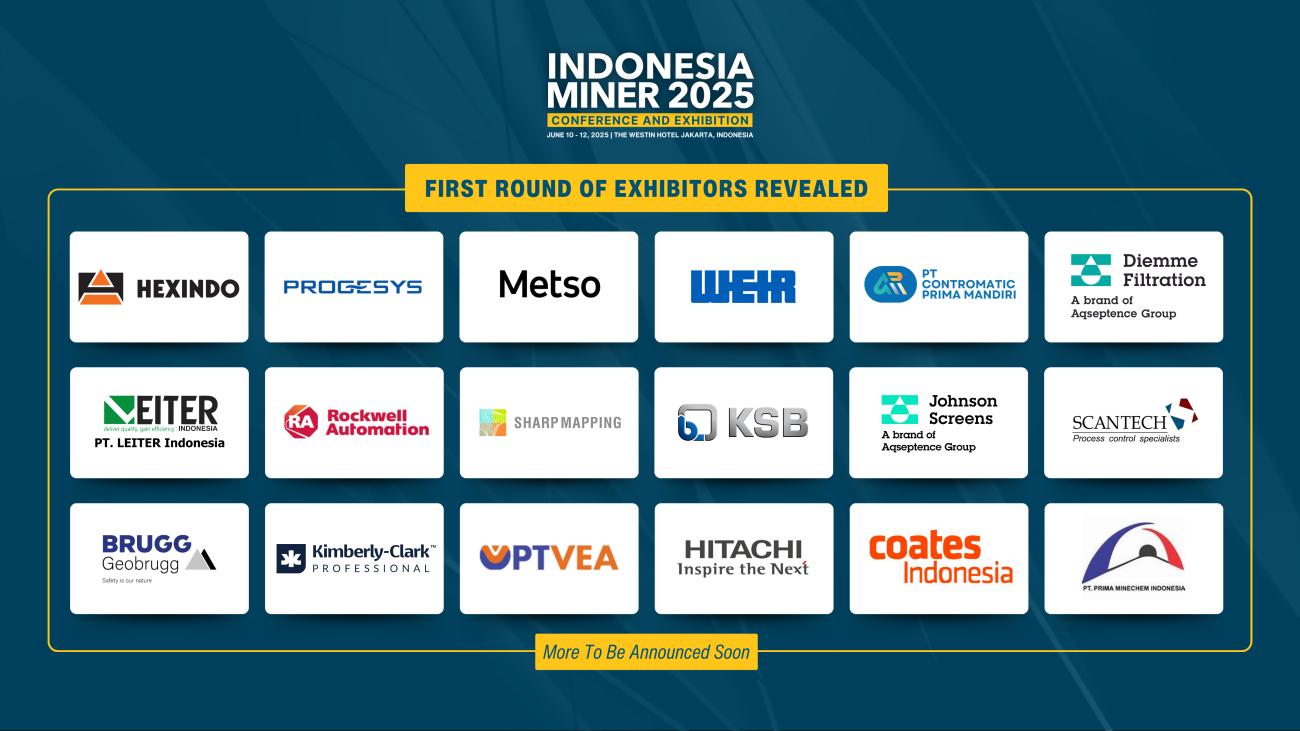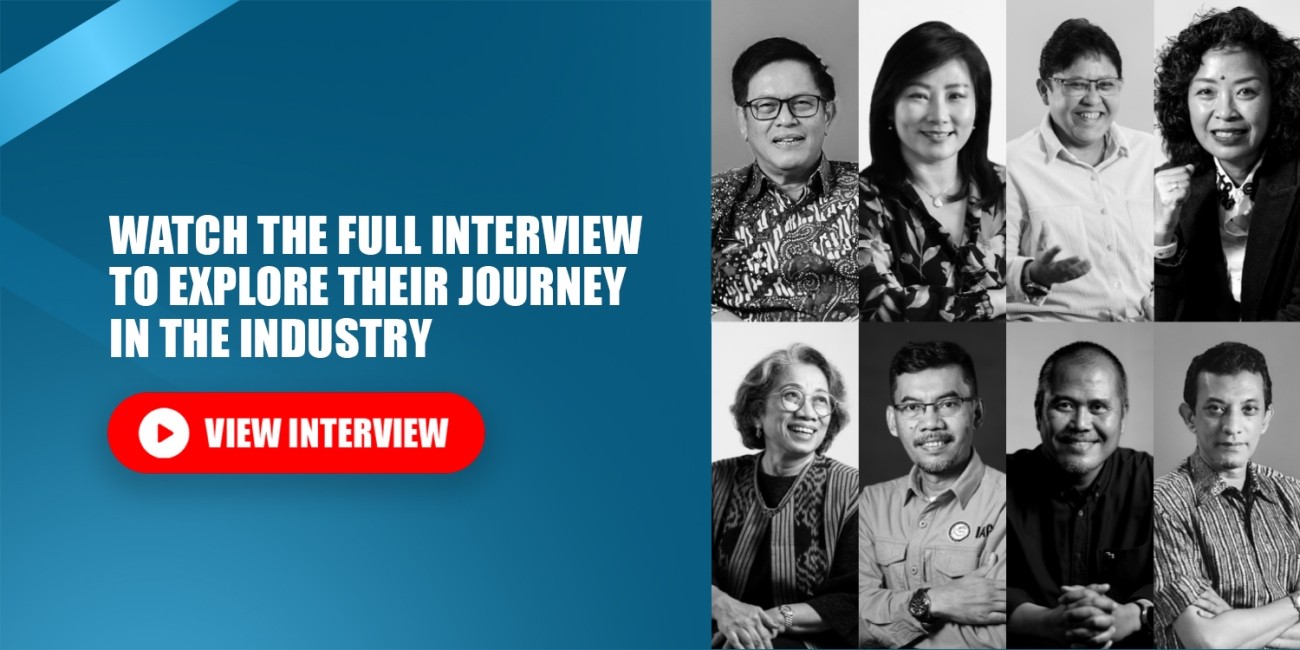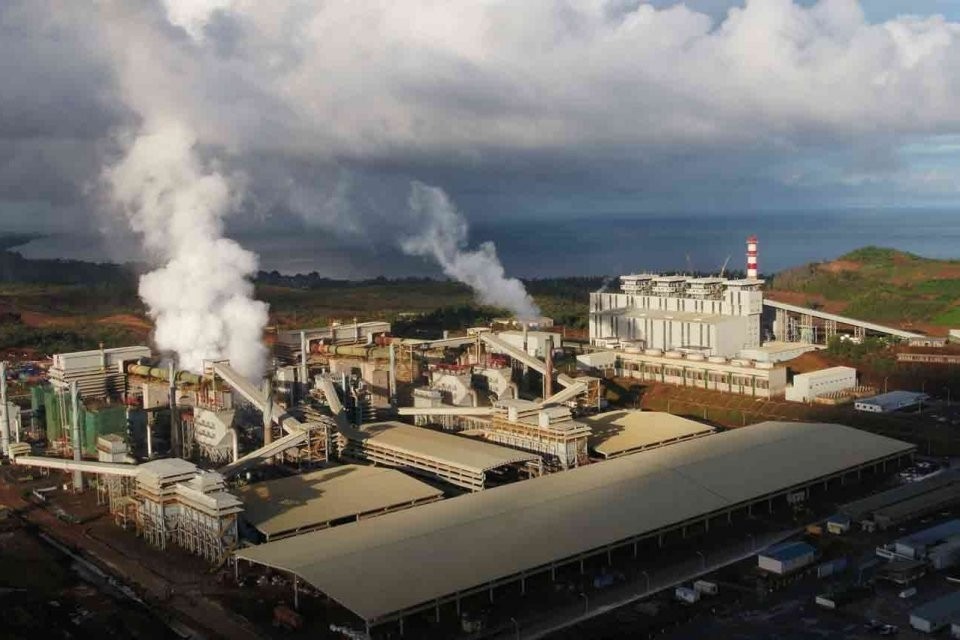Indonesian government continues to encourage the downstream
industry program by reducing exports of raw materials. This is done to increase
added value in the industrial sector and the competitiveness of the national
economy. Because through the downstream program, the use of technology transfer
is important in utilizing the results of natural resources and protecting the
environment.
A study just published by the Institute for Development of
Economic and Finance (INDEF) revealed that nickel is currently one of the mining
materials that can provide great benefits for improving people's welfare
compared to other base metal industries.
In addition, through a study entitled The Impact of Mining
Sector Investment on National and Regional Economic Performance, INDEF noted that
there are four largest nickel-producing provinces in Indonesia, namely South
Sulawesi, Central Sulawesi, Southeast Sulawesi, and North Maluku. The province
has experienced an increase in investment realization in the downstream sector
and has contributed to investment receipts in the mining sector by 83.35
percent during 2021.
Indonesian Cabinet Secretary, Pramono Anung also said
downstream nickel was proven to contribute to Indonesia's foreign exchange
reserves. The figure stands at nearly USD 139 billion through July 2023.
Data from the Central Sulawesi Statistics Agency also shows
that Central Sulawesi's economic condition in the third quarter of 2023
experienced growth of 13.06 percent compared to the third quarter of 2022
(y-on-y). The increase also included the growth of the processing industry by
27.99 percent and mining and quarrying also experienced growth of 13.32
percent.
Therefore, PT Gunbuster Nickel Industry (GNI), as one of the
leading nickel smelter companies in Indonesia, has contributed to the
government's nickel downstream efforts.
The company, which operates in North Morowali, Central
Sulawesi, increases the value of nickel products by being predicted to be able
to produce up to 2 million Nickel Pig Iron (NPI) per year with nickel content
of 10-12 percent. Through this process, GNI not only strives to continue to
boost the national economy but also encourages the economic capacity of the
area around the industrial circle.
PT GNI Head of Corporate Communication Mellysa Tanoyo explained
that PT GNI's smelter is not only a facility or industrial growth, but also a
catalyst for change and transformation of society as a whole. This is what
makes PT GNI focus on contributing to sustainable development, among others,
through direct recruitment in villages in North Morowali Regency and running
sustainable social programs (CSR).
"Since the construction stage until now, PT GNI has
absorbed more than tens of thousands of workers. In the future, it will
continue to increase, estimated to tens of thousands of workers. PT GNI also
continues to actively recruit employees, including working with village heads
around the factory location to organize employee recruitment," Mellysa
said in a written statement, Monday (8/1/2024).
Mellysa continued, through planning if all projects in the
industrial area where PT GNI operates are fully running, the number of local
workers absorbed is projected to reach tens of thousands of people. This figure
involves more than 90 percent of Indonesia's labor needs, ranging from basic
jobs to managerial levels in smelters.
"Currently, we have absorbed approximately 12,000
workers. Meanwhile, Foreign Workers (TKA) are only around ten percent and will
continue to decline, along with the transfer of knowledge and technology,"
said Mellysa.
This industry, which has a high level of complexity of
production processes and technology, realizes how important it is to maintain
the security and safety of its workers. So that PT GNI is committed to
implementing occupational safety and health (K3) by providing strict and
comprehensive work safety procedures, considering that the Ministry of Manpower
also participates. This regulation covers various aspects, such as occupational
safety, occupational health, and work environment.
In concrete steps, PT GNI formed an Occupational Safety and
Health Advisory Committee (P2K3) in order to oversee the implementation of the
K3. The committee is also a means of dialogue and talking space between the
company and employees. Not only that, PT GNI also regularly holds an agenda of
Basic Education and Training (Diklatsar) for Rescue and Handling of Work
Accidents.
The Indonesian workforce, most of which come from the
traditional mining industry, needs to equip themselves with skills and
competencies that are in accordance with the needs of the downstream nickel
industry. Therefore, PT GNI also holds regular training and certification
activities.
Some of them are requiring heavy equipment operator
certification and safety awareness certification training, so that workers are
really equipped and trained to be proficient in their work. All this is
mandatory for workers considering their work is closely related to risks and
dangers.
PT GNI affirms that all forms of initiation are in line with
the company's vision to make a sustainable contribution, especially to the
communities around the operational area and continue to focus on occupational
safety and health.
Image source: PT GNI
Source: www.finance.detik.com/Percepat Hilirisasi, Ini Peran Fundamental Industri Smelter









